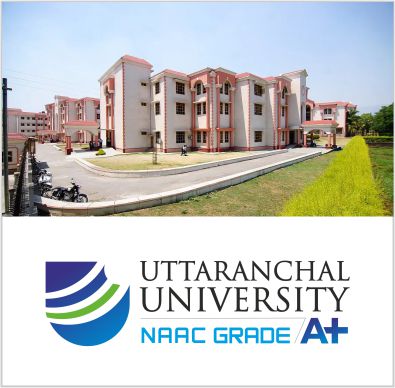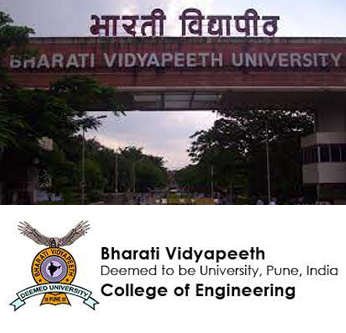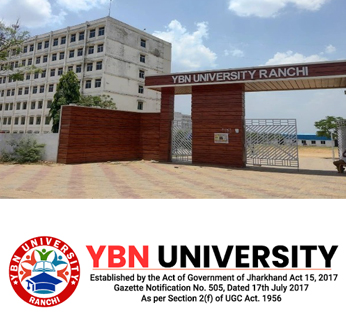Degree – Master
Full Form – Master of Commerce
Duration – 2 Years
Eligibility – Graduated

A title
Image Box text
Master of Commerce
MCom stands for Masters of commerce. It is a 2-years postgraduate course for candidates who want to pursue a career in accounting, banking, investment, financial service, investment as well as economics and marketing.
M.Com course allows the students to work in almost all sectors of the economy and remains one of the most versatile courses in India. The insurance sector, one of the main sectors that employ M.Com graduates of the economy, is expected to reach USD 1 Trillion by 2025, thus generating new jobs for MCom graduates. MCom is popular among aspirants who wish to pursue a career as a teacher or lecturer. For that candidates have to enroll in PhD courses after the completion of the MCom course. Also Check: MCom Syllabus
M.Com can be pursued by candidates who have completed their graduation from a commerce background (BCom, BCom Honours) with a minimum score of 50%. The M.Com Admission 2024 is to be conducted on the basis of the merit or entrance examination. The top entrance exams are BHU PET, CUCET, PU CET and many more. The cost of pursuing a MCom course in India, ranges between INR 5,000 -INR 140,000. M.Com average salary in India INR 3,72,913 per annum.
Eligibility
The basic eligibility criteria to pursue this course is as follows:
- Students need to secure a minimum of 50% aggregate in BCom or BCom Hons or equivalent from a recognized university.
- Some universities also consider students who have completed Bachelor’s degree in Economics & Statistics, BFIA, BBS and BBE with a minimum aggregate score of 60% or equivalent from a recognized university.
- Students belonging to Reserved category are entitled to marks relaxation of up to 5% in government universities.
- There is no upper age limit for the admission to the M.Com course.
MCom Scope
Commerce sector is ever increasing due to the digitalization of the world. Banking and Finance are the top employment areas for students after an MCom degree. Majority of students are preparing for CA (Chartered Accountancy), CMA (Certified Management Accountant) and other highly acclaimed national and international certification courses in the field of finance and accounting.
Management Courses:
As we all know, management is one field that requires top industry professionals and managers to excel. There are many management courses that are available at master level. Admission is based on entrance exams such as CAT, MAT, XAT, GMAT, GRE, CMAT and other management entrance exams.
They provide a plethora of job opportunities and better career prospects in different high paying fields such as management, finance, international business, business analytics, supply chain, logistics, healthcare management, and many more.
Following are the top master level or higher management courses that MCom students are eligible to pursue to enter the demanding field of management:
Key Highlights of MCOM Course

Flexible learning mode

Updated course curriculum

Doubt clearing session

Writing the exam in your preferred languages
Your One Stop Solutions

Fill The Basic Details
Get one step closer to your dream career with the right course.

Select Your Course
Help us know you better with basic information & few questions.

Explore Your Option
Don't limit yourself, explore top universities with our specially designed list

Compare & Get The Best
Compare top universities on different aspects like Student rating, Govt Approvals.
Admission Process
(How to Apply?)

Submit Form
Fill in and submit your application form online.

Expert’s Counseling
You will receive a call from our expert counselor

Choose University
Select the course & university according to your interest

Online Payment
You need to make a smooth online fee submission

Admission Confirmation
You will get an admission confirmation on your Email
Let's Clear up some doubts ?
Technical requirements may vary depending on the course and learning platform, but typically include a reliable internet connection, a computer or mobile device, and compatible software or web browsers. Specific requirements will be outlined in the course description or syllabus.
Yes, one of the advantages of online courses is that course materials are often accessible 24/7, allowing students to study at their own pace and convenience.
Online courses typically offer communication tools such as discussion forums, email, messaging systems, and live chat sessions where students can interact with instructors and peers. Instructions for accessing these communication channels will be provided within the course platform.
Yes, online courses typically have deadlines for submitting assignments, participating in discussions, and completing exams or quizzes. It's important to review the course syllabus or schedule to stay informed about important dates and deadlines.
It depends on the course and the institution offering it. Some online courses offer certificates of completion or professional development credits, while others may be eligible for transfer credit at colleges or universities. Check with the course provider or your academic institution for details on credit options.
Most online course platforms offer technical support services to help students troubleshoot issues with accessing course materials, navigating the platform, or using specific features. Look for contact information or help resources within the course platform for assistance.













